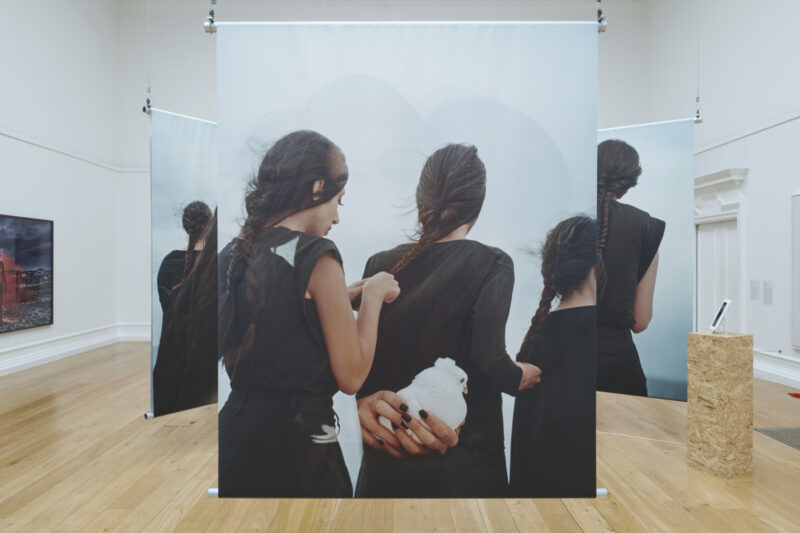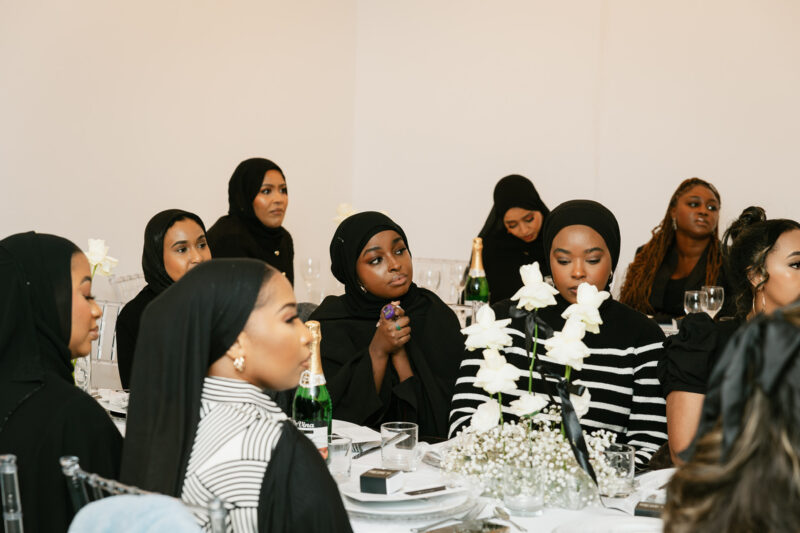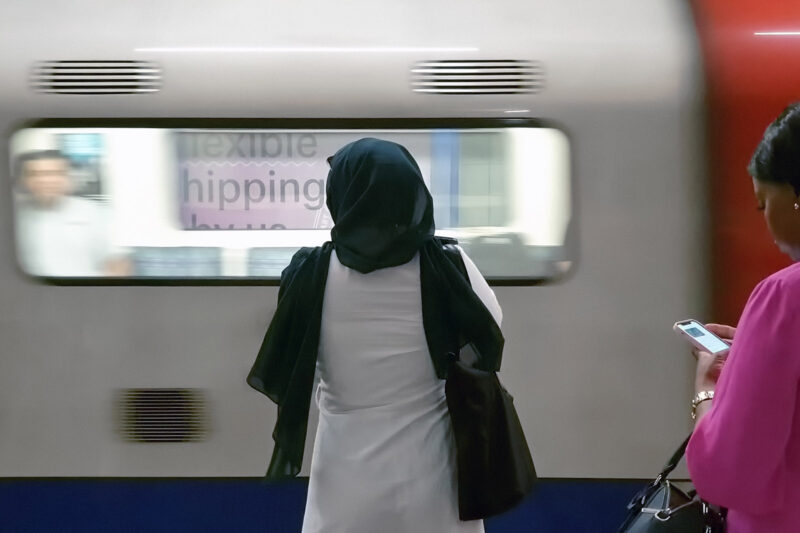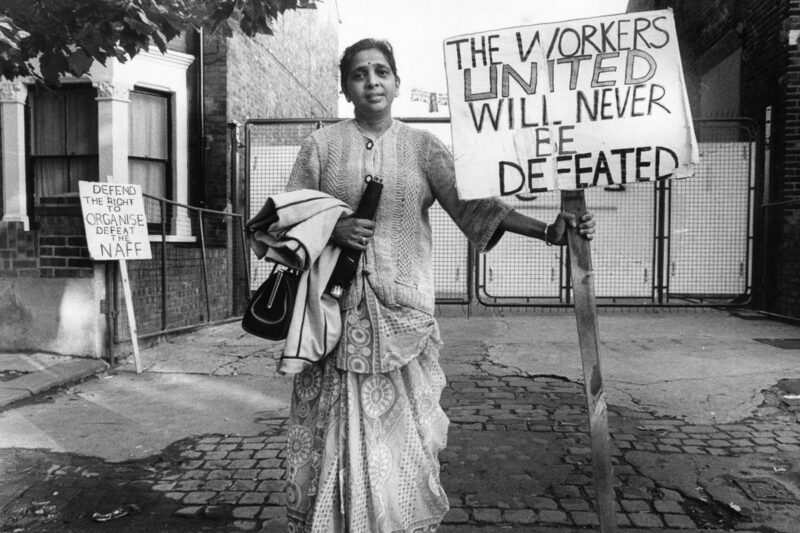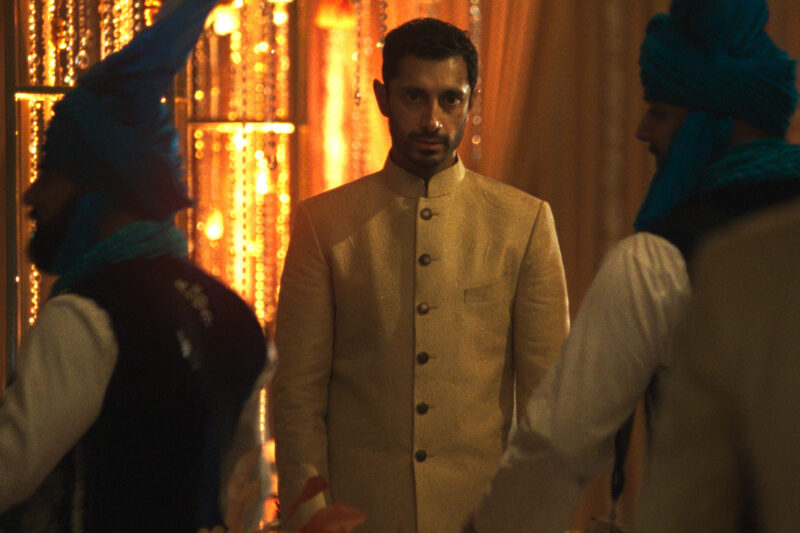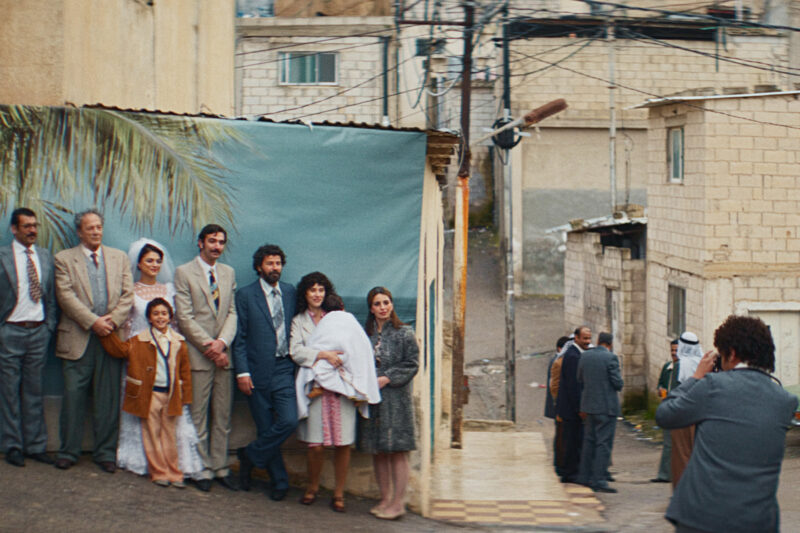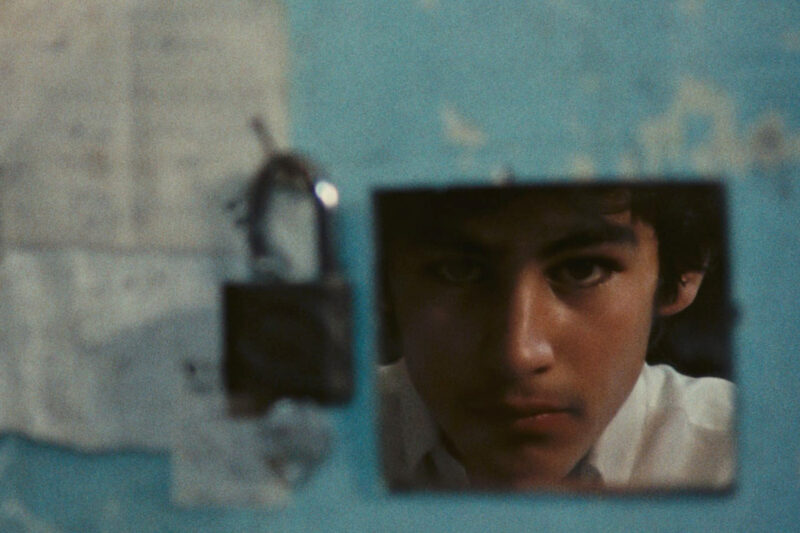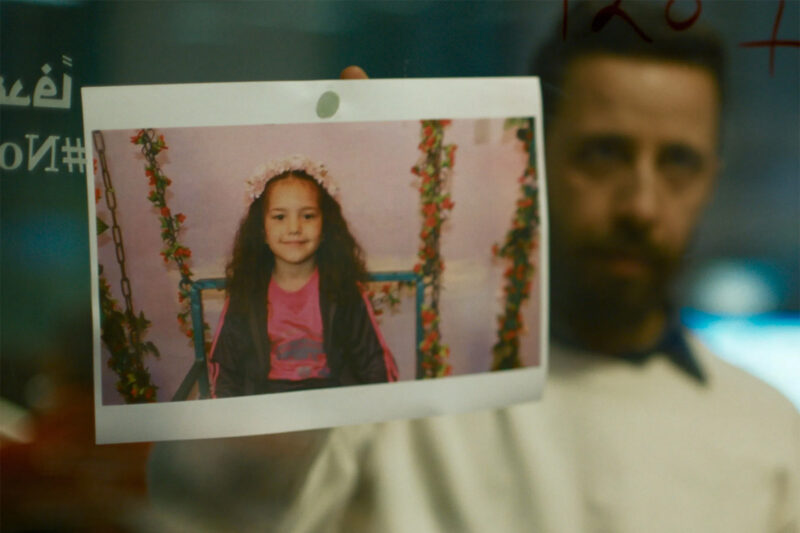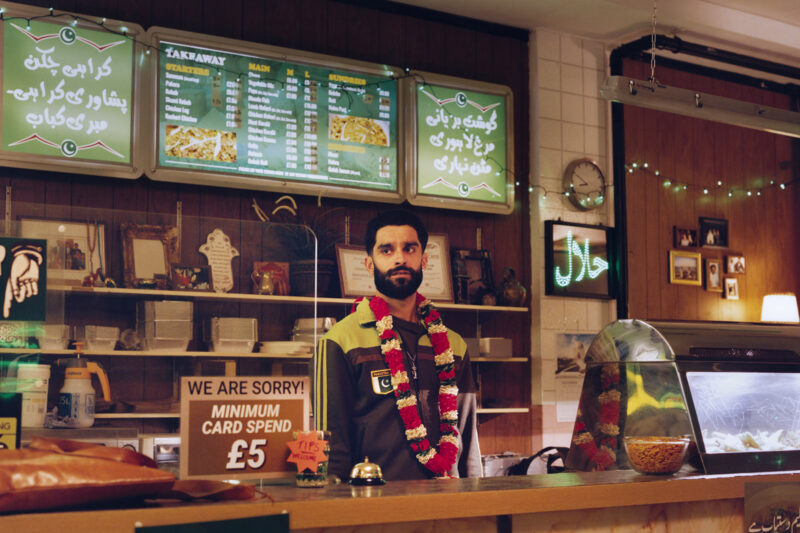Director Leesa Gazi: ‘I carry Bangladesh with me in every part of my being’
The filmmaker on her life, work and why telling women’s stories is more important than ever
![Still from debut feature film 'Barir Naam Shahana' (A House named Shahana) by Leesa Gazi "[main image] Film still courtesy of Leesa Gazi](https://hyphenonline.com/wp-content/uploads/2023/11/01C-Leesa-Gazi.jpg)
Leesa Gazi seems to scoop up awards with the same ease that the rest of us collect fridge magnets. Of the 16 she has received so far, all but one have been for Rising Silence, her searing 2019 documentary about the survivors of rape and sexual assault by the Pakistani army and its local Bengali collaborators during the 1971 Bangladesh war of independence.
They include best documentary prizes at the 2019 New York Moondance International Film Festival, the 2019 UK Asian Media Awards, Japan’s 2020 Top Indie Film Awards and India’s 2020 Asha International Film Festival.
But it is perhaps the most recent accolade that gets to the core of what the British-Bangladesh filmmaker is all about. Her debut feature film Barir Naam Shahana (A House named Shahana) picked up the gender-sensitive award at the Jio MAMI Mumbai Film Festival, held in November.
“There are not enough stories told from women’s perspectives,” she says. “It’s still very niche. We have so many stories to tell from all over the world and I think we need to acknowledge them and make them a priority.”
Gazi’s remit is broad: from women carrying the burden of family honour in South Asian societies to the role of men in the fight against patriarchy, there are few issues she won’t tackle.
Several are explored in Barir Naam Shahana, a story originally conceived by Gazi in 2011 and co-written some years later as a screenplay with actress Aanon Siddiqua, who now plays the leading role on screen. Under Gazi’s direction, the Bengali-language film follows the fortunes of Dipa, a young Bangladeshi woman who, seeking a life of freedom and fulfilment, divorces an older man she was forced to marry.
Gazi draws on her own experiences and those of her friends to show the price many Bangladeshi women pay for choosing to end unhappy marriages.
“Being a divorcee in 1990s Bangladesh, I experienced enormous social stigma,” she says. “I discovered how divorced women were outcasts in their own homes and in society. At the same time, all my life, I have been inspired by the courage of ordinary South Asian women who face injustice but still build their own paths.
“Dipa is one such woman. She does not accept what has been decided for her by others. She fights back. Parts of the film that came from my personal experiences, such as the opening scene, in which Dipa’s facial expression betrays her fear and pain as she collects her divorce papers. That was me. When she is not invited to a cousin’s wedding because her aunt and uncle believe she will bring bad luck to the bride, that also happened to me.”
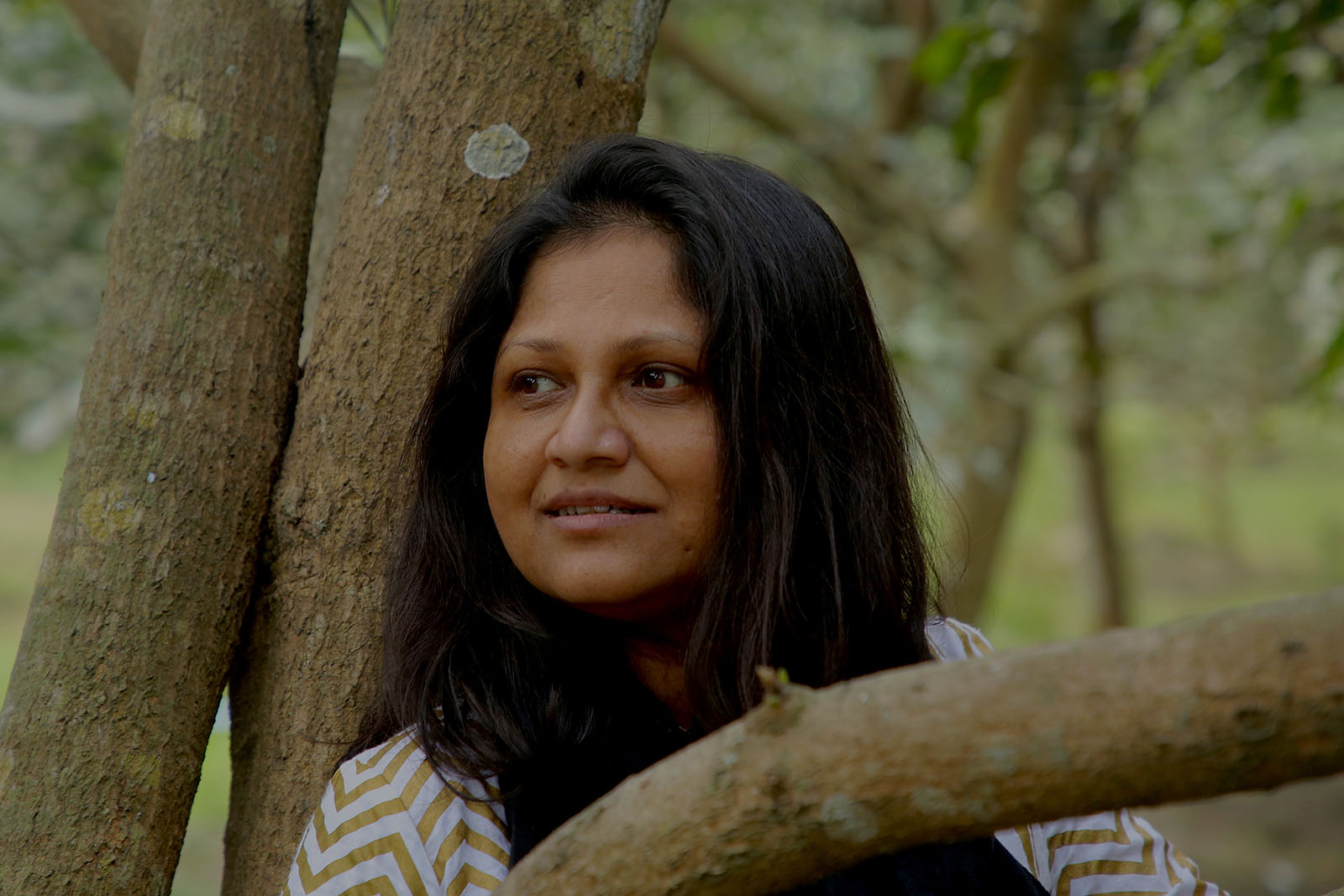
For Gazi, who is now happily remarried with two children, much of her work as a novelist, director, actress and playwright draws attention to the paradoxical existence many women in South Asia continue to experience: the denial of freedom and the ever-present burden of judgment. In Barir Naam Shahana, that manifests itself in the age-old notion that an unmarried or divorced woman is worthless.
“It is ingrained in us that we feel shame, that we feel guilty,” Gazi says. “We’re made to feel like failures if we don’t have a married life. That attitude is very much still there.”
Gazi’s vision extends beyond women having agency in their social and political lives. It also includes religion. In the film, Dipa is subjected to an oppressive form of religious practice dictated by her husband. Rather than turn away from faith, Gazi ensures that her protagonist embraces it on her own terms. By doing so, Gazi taps into an aspect of Islam-inspired spirituality that is, for many Bangladeshi women, the cornerstone of their religious identity.
“We all have our own way of submitting to God,” she says. “We have our own spirituality that is very personal and should remain personal. When religion is used to control women, that’s when I have a huge problem.”
Like much of Gazi’s work, the film is set partly in her native Bangladesh, a country she continues to yearn for, despite having settled in the UK more than 20 years ago.
“I still think in Bangla. I still dream in Bangla,” she says. “I carry Bangladesh with me in every part of my being. I don’t see myself making a film in English or set totally in the UK because, while the UK is my adopted home and I love it, I don’t have that connection with its roots, its soil, its land, in the same way I have with Bangladesh.”
For those of us with comparable ties to the country, Gazi’s stories strike a chord. But she points out that many of the experiences they portray are universal.
“Our film was shown in Leeds and a white woman came up and told me, ‘It’s amazing how much I could relate to Dipa.’ I was so surprised and asked what she meant. She replied, ‘I got divorced and found it very difficult to get my life back.’ So, we may think there’s no kind of commonality in our thinking or in the way we see life but, deep down, there’s so much.”
Gazi’s professional repertoire appears to be ever-expanding. She is also the co-founder of the London-based theatre and arts company Komola Collective and author of the novel Hellfire, which explores themes of female sexuality, faith and freedom. She has had dozens of acting roles, including in the stage version of Rising Silence and a Bengali version of Romeo and Juliet titled People’s Romeo. She also has several theatre scripts under her belt.
But Rising Silence is the work that has brought her international recognition and made a lasting contribution to conversations around the issue of sexual violence as a weapon of war.
“The film has become a formidable tool to create awareness and help to end sexual violence in armed conflicts,” she says. “It was recently showcased at the 25th of South Asian Feminist Capacity Building in Kathmandu, Nepal, where participants from five regional countries came to help promote gender equality, human rights and peace. It’s also about to be screened at the Collective Memory Art Exhibition in Kenya.”
Now, though, the focus is on her latest film. Having recently been screened across the UK, including at the BFI London Indian Film Festival, Barir Naam Shahana is to be shown at similar events across the world, including the Dhaka International Film Festival in January.
In the meantime, Gazi has already started working on her next projects. Along with Siddiqua, she is in the process of co-writing the script for her second feature film, Shashti (Punishment). Inspired by a short story of the same name by the Bengali poet Rabindranath Tagore and set in the Bangladeshi capital, Dhaka, the film details a web of family secrets, betrayal and psychological illness following the mysterious murder of a social media influencer.
She is also preparing a new stage production titled Indigo Giant, about the exploitation of indigo plant farmers in Bengal during the British Raj. It begins its UK tour early next spring, going to London, Birmingham, Oxford and a number of other cities
“I’m a storyteller,” Gazi says. “There are so many more stories about women that I am desperate to tell. It’s what I have dedicated my entire career to. This is my purpose.”
 Newsletter
Newsletter


